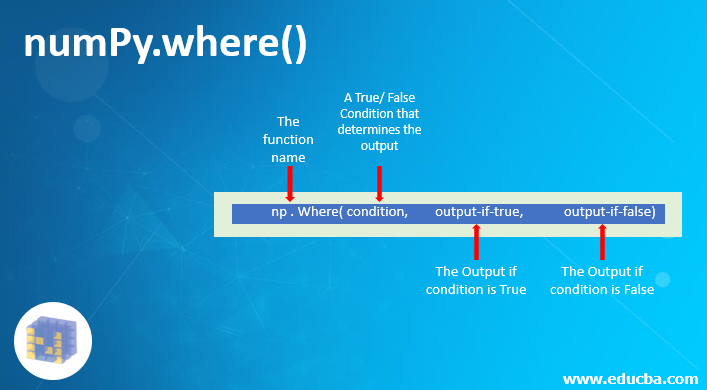Using the Numpy where Function: A Comprehensive Guide
In this tutorial, I’ll guide you through using the numpy.where function. We’ll cover what np.where is, how its syntax works, and provide clear, step-by-step examples to illustrate its use. If you’re looking for specific information, you can use the links below to navigate directly to relevant sections. However, for a complete understanding of how numpy.where works, I recommend reading the entire tutorial.
A Brief Introduction to numpy.where
Let’s start with a quick overview of what numpy.where does.
What Does numpy.where Do?
The numpy.where function returns elements based on a given condition. According to the official documentation, it selects elements from arrays based on a logical condition.
This might sound a bit abstract at first, and it’s true that numpy.where can be confusing, especially with many online resources not clarifying it well. But don’t worry—I’ll break it down for you.
Understanding the Syntax of numpy.where
To fully grasp how numpy.where functions, you need to understand its syntax. Once you get the hang of it, the examples will make much more sense.
High-Level Overview of np.where Syntax
The np.where() function syntax consists of several components:
- Function Name: You typically call it as
np.where(). Note that the exact name depends on how you’ve imported Numpy. Most commonly, it’s imported withimport numpy as np, allowing you to usenpas an alias for Numpy. - Parameters: Inside the parentheses, there are three key inputs:
- Condition
- Output if True
- Output if False
Parameters of np.where
The parameters for np.where are straightforward but crucial for understanding its operation. Let’s break them down:
- Condition: This is the logical condition based on which elements are selected.
- Output if True: The value or array element returned if the condition is true.
- Output if False: The value or array element returned if the condition is false.
This revised version aims to clarify the purpose and usage of numpy.where, while also breaking down its syntax and parameters for better understanding.

Leave a Reply